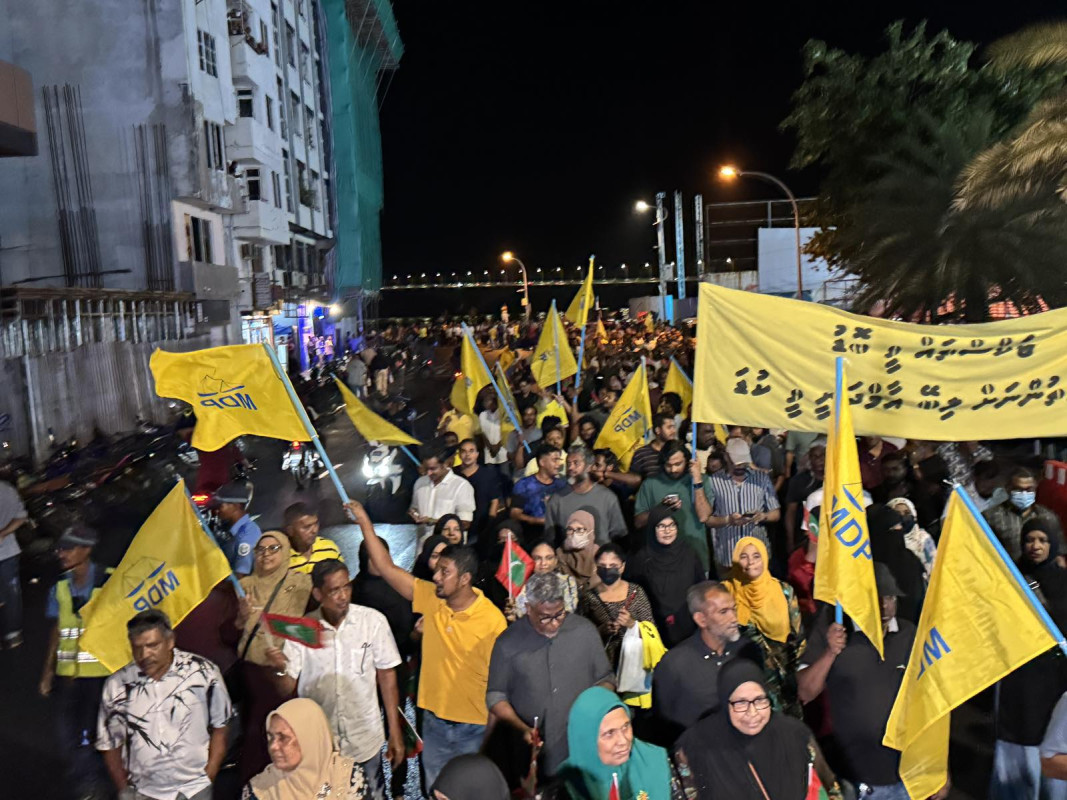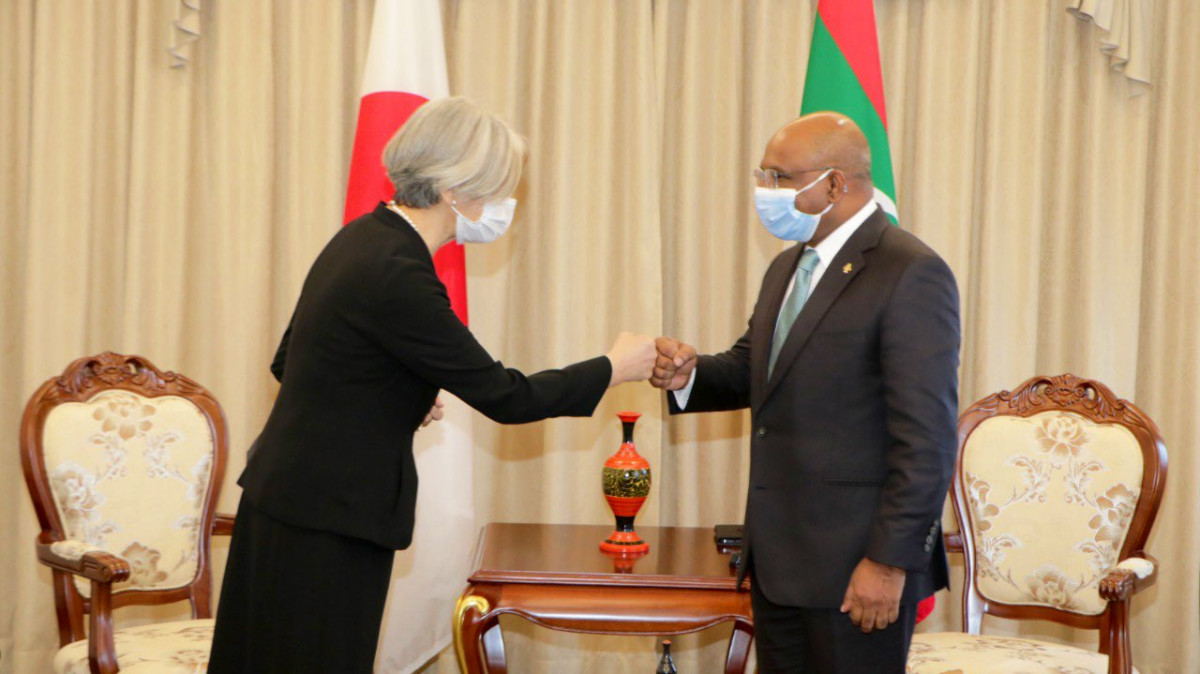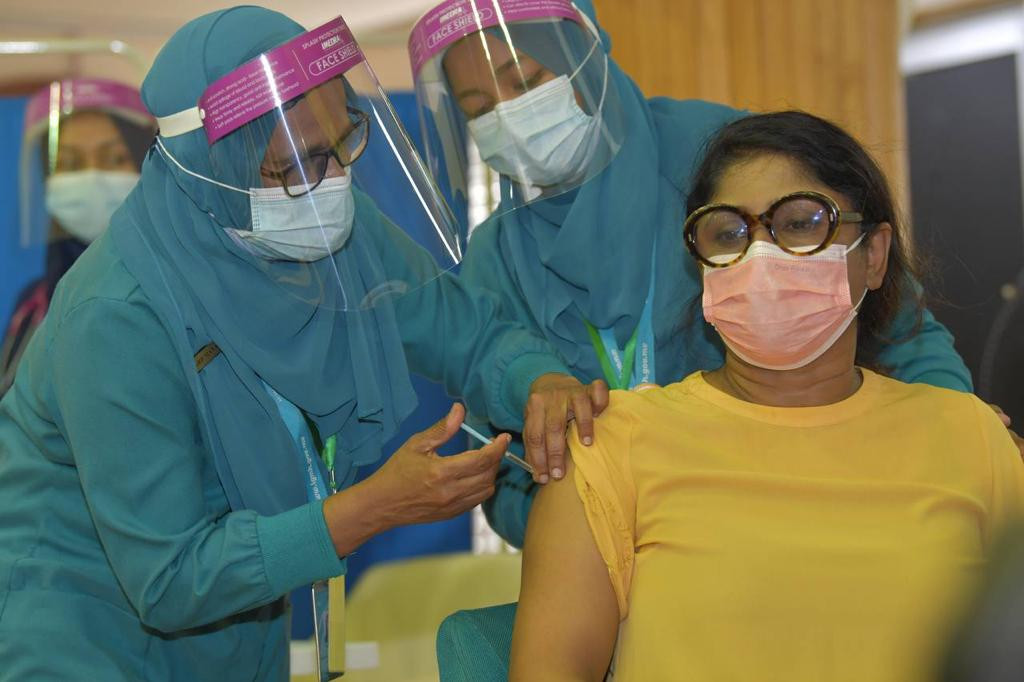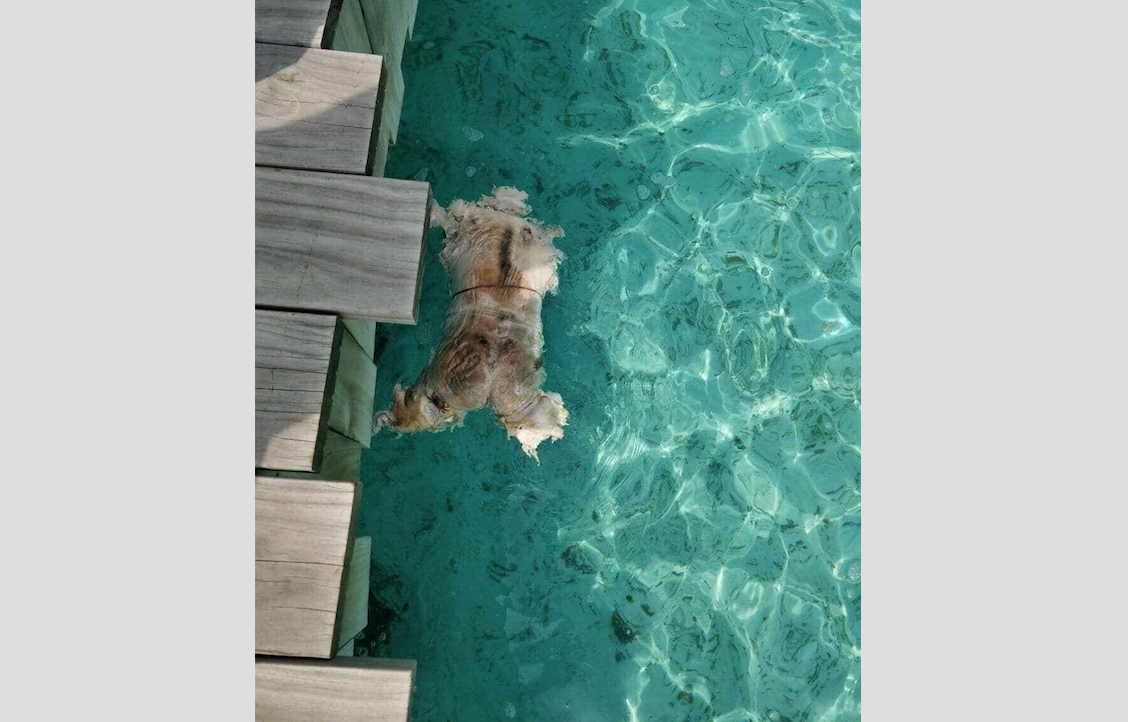JP leader Qasim Ibrahim leaves to Singapore for medical treatment
Qasim had left the country shortly after having received the 10-day leave that his legal representatives have been heavily pursuing
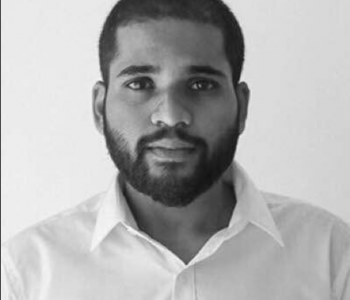

Qasim Ibrahim speaking to the press
Jumhooree Party leader Qasim Ibrahim has left to Singapore for medical treatment after the Maldives Correctional Services granted him leave abroad on Wednesday.
Qasim had left the country shortly after having received the 10-day leave that his legal representatives have been heavily pursuing, with their efforts at state institutions being covered closely by local media outlets.
The opposition leader was sentenced to 3 years, 2 months, and 12 days in prison over bribery allegations. Qasim was sentenced in absentia, given how he had been hospitalized while the Criminal Court passed the sentence.
The charges were put forth under Section 510 of the Penal Code – on 'bribery and official misconduct' – claiming that he had attempted to influence the authority of a public official.
Qasim’s medical condition requires further diagnosis and potentially urgent surgery, according to his doctors. They have also said that any delay in treatment could pose risks to his life.
The state’s delay in granting Qasim medical leave abroad was met with heavy criticism by his supporters and members of the opposition, who had highlighted that the Criminal Court sentence against him had specifically asked that he be adequate medical care during incarceration.
The Correctional Services said that this transfer of custody was made on the grounds of his ill health.
The decision refers Article 75 of the Prisons Act, which provides that inmates suffering from diseases, conditions, or are handicapped must be given special care and ease during their incarceration.
